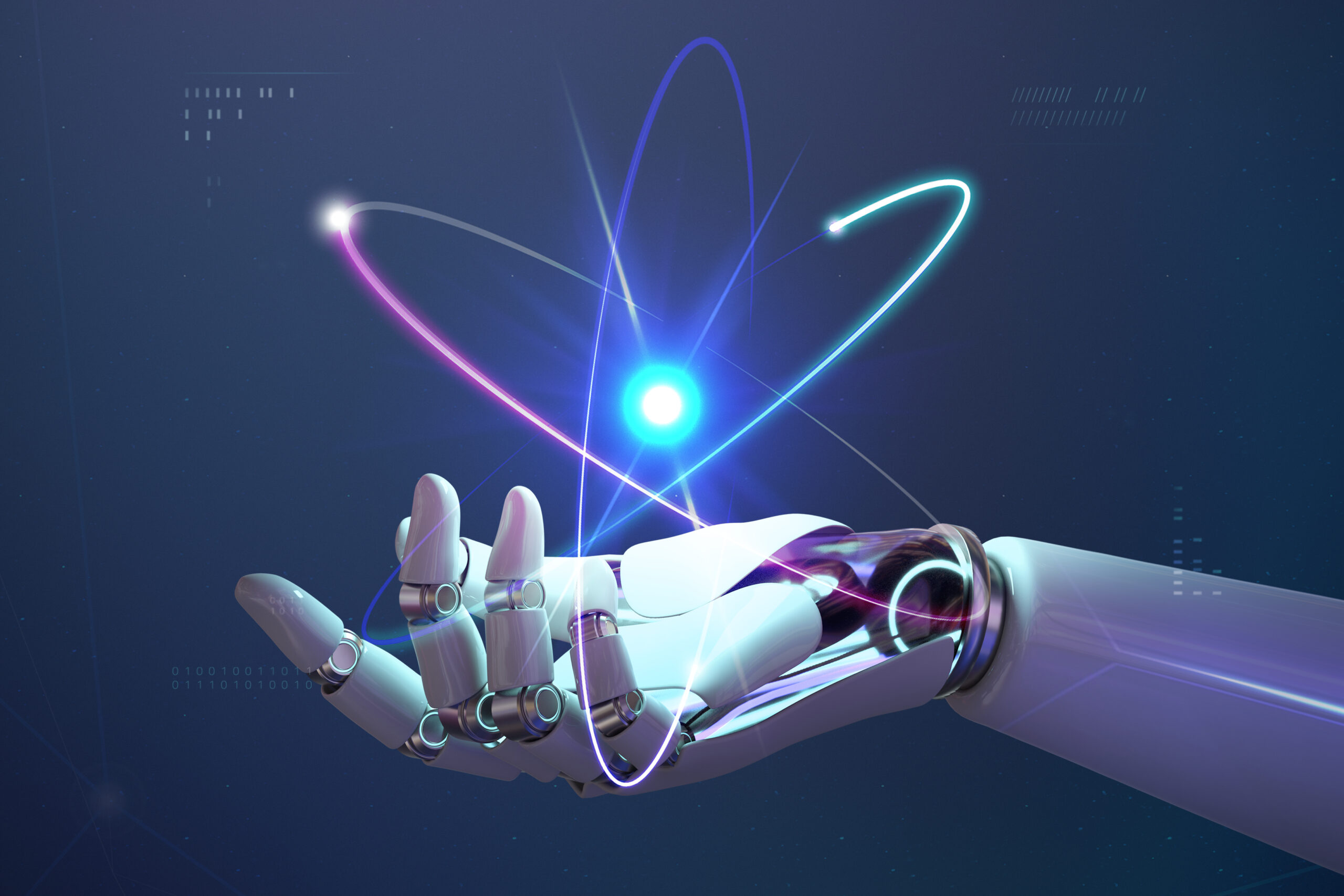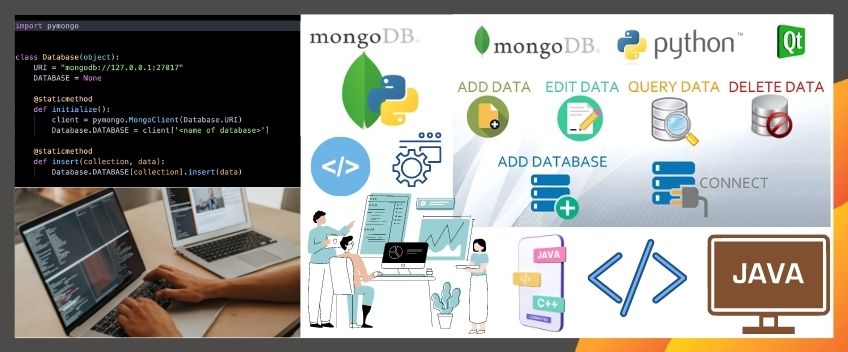
Jully 18, 2022
The Evolution of Artificial Intelligence: From Science Fiction to Everyday Reality
In the realm of modern technology, few concepts have captured the human imagination and potential as profoundly as Artificial Intelligence (AI). What was once confined to the pages of science fiction novels and the silver screen has now become an integral part of our daily lives, transforming industries and reshaping the way we interact with the world around us. The journey of AI from a mere dream to a practical reality is a testament to human ingenuity and the relentless pursuit of innovation.
A Brief Historical Overview
The origins of AI can be traced back to the 1950s, when computer scientists began exploring the possibility of creating machines that could simulate human intelligence. Early pioneers like Alan Turing laid the theoretical groundwork for AI, proposing the concept of a universal machine capable of performing any intellectual task that a human being could.
The term “Artificial Intelligence” itself was coined by John McCarthy in 1956, marking the birth of a field that would go on to captivate researchers and enthusiasts alike. Initial progress was slow, largely due to technological limitations and a lack of understanding about the intricacies of human cognition.
The Rise of Machine Learning
Advancements in machine learning in the latter half of the 20th century breathed new life into the field of AI. Machine learning, a subfield of AI, focuses on developing algorithms that allow computers to learn and make decisions based on data. The introduction of neural networks, which mimic the structure of the human brain, marked a significant breakthrough, enabling computers to process information in ways that were previously thought impossible.
However, progress remained uneven, and the field experienced periods of hype followed by disillusionment, often referred to as AI winters. These setbacks, while frustrating, were essential in refining the goals and expectations of AI research.
The Big Data Revolution and Deep Learning
The turn of the 21st century witnessed the convergence of two critical factors: the exponential growth of digital data and the refinement of deep learning techniques. With the proliferation of smartphones, social media, and internet-connected devices, an unprecedented amount of data became available for analysis. Deep learning, a subset of machine learning, leveraged this data to train complex neural networks, resulting in breakthroughs across various domains.
Applications like image recognition, natural language processing, and autonomous vehicles started to demonstrate AI’s potential. Companies like Google, Facebook, and Amazon invested heavily in AI research, leading to tangible advancements that captured the public’s attention and ignited renewed interest in the field.
AI in Everyday Life
Today, AI has seamlessly integrated into our daily lives, often without us even realizing it. Virtual assistants like Siri, Alexa, and Google Assistant have become our digital companions, answering questions, setting reminders, and even controlling our smart homes. Social media platforms employ AI algorithms to curate our newsfeeds, showing us content tailored to our interests.
In healthcare, AI-driven diagnostic tools are aiding doctors in identifying diseases with remarkable accuracy. AI-powered recommendation systems drive online shopping and streaming services, offering personalized suggestions that cater to individual preferences.
The automotive industry is undergoing a transformation, with self-driving cars inching closer to reality. These vehicles rely on AI algorithms to navigate complex environments, making split-second decisions that prioritize safety and efficiency.
Challenges and Ethical Considerations
As AI becomes more deeply embedded in our lives, important ethical considerations arise. Issues such as bias in algorithms, job displacement due to automation, and the potential for AI to be used in malicious ways demand careful scrutiny and regulation.
Transparency and accountability are paramount in AI development. The process of creating AI models must be well-documented and accessible to ensure that biases are identified and addressed. Regulation that fosters innovation while safeguarding against misuse is essential to ensure AI’s responsible deployment.
The Road Ahead
The evolution of AI is a testament to human innovation and the relentless pursuit of knowledge. As technology continues to advance, the boundaries of what AI can achieve seem limitless. Researchers are exploring concepts like General AI, which would possess human-like reasoning abilities, and quantum computing, which could exponentially enhance AI’s processing power.
The future promises exciting possibilities across various fields, from healthcare and education to space exploration and climate modeling. As we stand on the threshold of this new era, it’s essential to approach AI development with caution, curiosity, and a commitment to ethical principles. By doing so, we can shape a future where AI enhances human potential while preserving our values and collective well-being.
Recent Posts

How to insert data in mongoDB using pymongo?
Jully 11, 2022

c#: DJ and additional parameter
Jully 11, 2022

Which is Better For Game Development C# or C++
Jully 11, 2022



